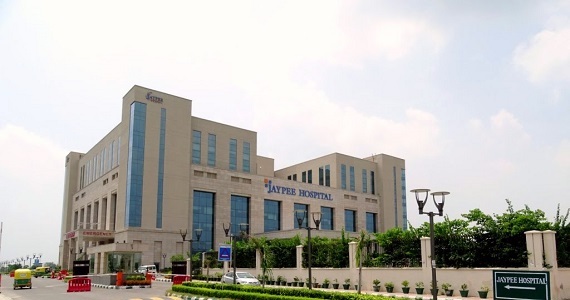Splenectomy Treatment in India
treatment
starting from
Introduction
The spleen, often referred to as the "forgotten organ," plays a vital role in the human body's immune system and blood filtration processes. However, in certain medical conditions, the removal of the spleen becomes necessary, leading to a surgical procedure called splenectomy. In this blog, we will explore the purpose of splenectomy, the conditions that may warrant its need, the procedure itself, and the potential implications of living without a spleen.
Understanding the Spleen's Function
Before delving into splenectomy, let's briefly understand the significance of the spleen in the body. The spleen is a small, fist-sized organ located in the upper left abdomen, just beneath the ribcage. It serves as a filter for the blood, removing old or damaged blood cells, and plays a crucial role in fighting infections by producing white blood cells and antibodies. Additionally, the spleen stores platelets and acts as a reservoir for blood in case of an emergency, such as significant bleeding.
Indications for Splenectomy
While the spleen is essential for normal physiological functions, certain medical conditions or traumatic events may necessitate its removal. Some common indications for splenectomy include:
- Trauma: Severe injuries to the spleen due to accidents or trauma may lead to its rupture, causing internal bleeding, and require immediate surgical intervention.
- Spleen Disorders: Various disorders can affect the spleen's structure and function, such as hypersplenism, splenic cysts, splenic abscesses, and non-cancerous enlargements (splenomegaly).
- Blood Disorders: Conditions like hereditary spherocytosis, thalassemia, idiopathic thrombocytopenic purpura (ITP), and autoimmune hemolytic anemia may necessitate splenectomy if other treatments fail.
- Certain Cancers: In some cases of lymphomas and certain blood cancers, a splenectomy may be part of the treatment plan to remove affected tissue.
The Splenectomy Procedure
Splenectomy can be performed using different techniques, depending on the underlying condition and the patient's overall health. Traditionally, the procedure was conducted as an open surgery, where a large incision was made in the abdomen to access and remove the spleen. However, advances in medical technology have enabled the development of laparoscopic splenectomy, a minimally invasive technique that involves smaller incisions and the use of a camera and specialized instruments to remove the spleen.
During the procedure, the surgeon carefully disconnects the spleen from its surrounding blood vessels and ligaments before removing it. In some cases, a partial splenectomy may be performed, preserving a portion of the spleen tissue to retain some of its vital functions.
Living Without a Spleen
While the spleen plays an essential role in the body's defense mechanisms, individuals can live a relatively normal life without it. However, living without a spleen does pose some risks and requires certain precautions to prevent complications.
- Increased Susceptibility to Infections: Without a spleen, the body becomes more susceptible to certain bacterial infections, particularly from encapsulated organisms like Streptococcus pneumoniae, Haemophilus influenzae, and Neisseria meningitidis. To minimize this risk, patients are often given vaccinations before or shortly after the surgery, and lifelong antibiotics may be recommended.
- Blood-related Complications: As the spleen plays a role in platelet storage and blood filtration, its absence may lead to a slight increase in platelet count and a potential risk of clot formation.
- Health Monitoring: Individuals who have undergone splenectomy should be vigilant about any signs of infection and seek prompt medical attention if they experience symptoms like fever, chills, or unexplained pain.
Conclusion
Splenectomy is a surgical procedure that involves the removal of the spleen, an organ crucial for the immune system and blood filtration. While its removal is often a necessary medical intervention in certain conditions, living without a spleen requires careful management to minimize the risks of infections and other potential complications. As with any medical decision, the need for splenectomy and the best approach should be thoroughly discussed between the patient and their healthcare team to ensure the best possible outcome for the individual's health and well-being.
How It Works
Need help in organizing medical travel to India?








